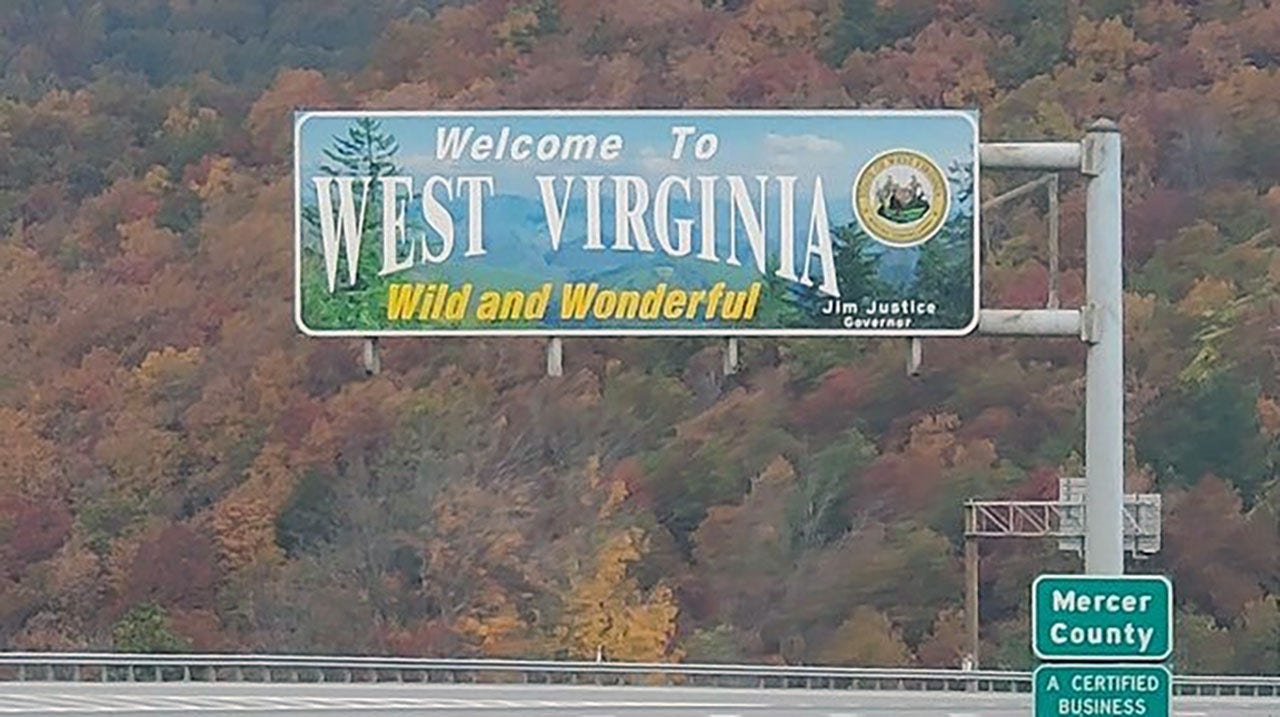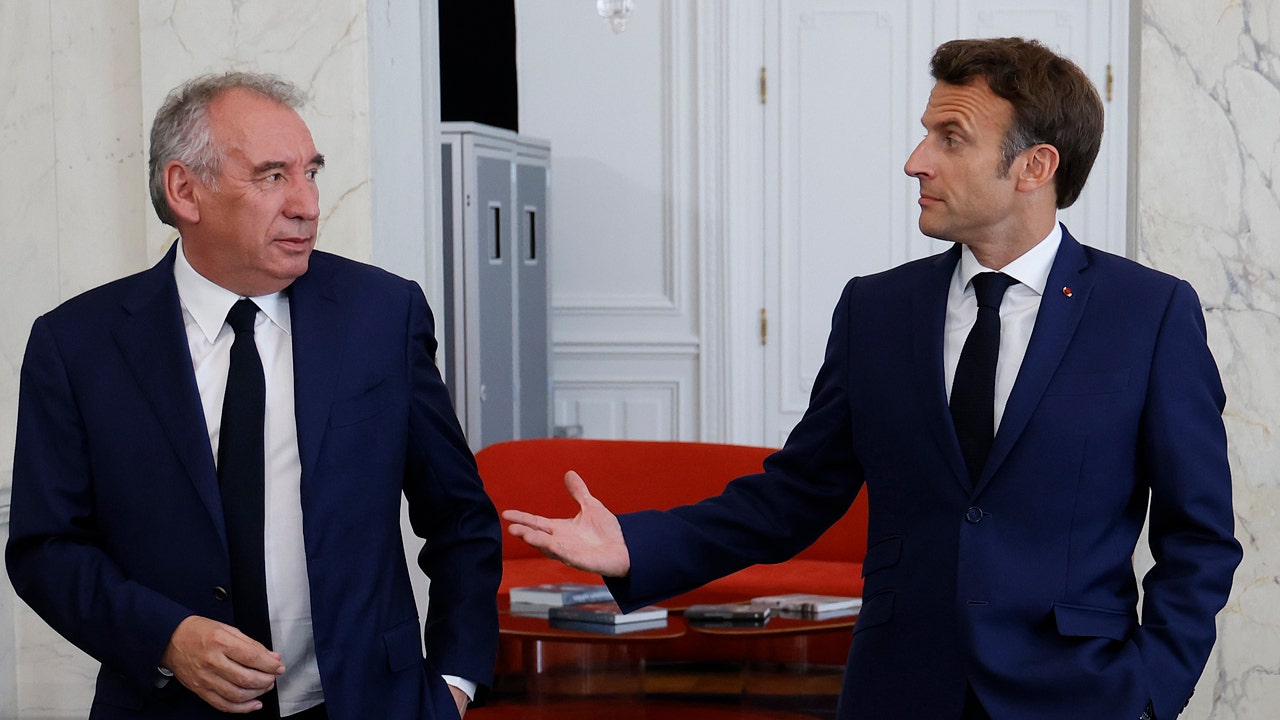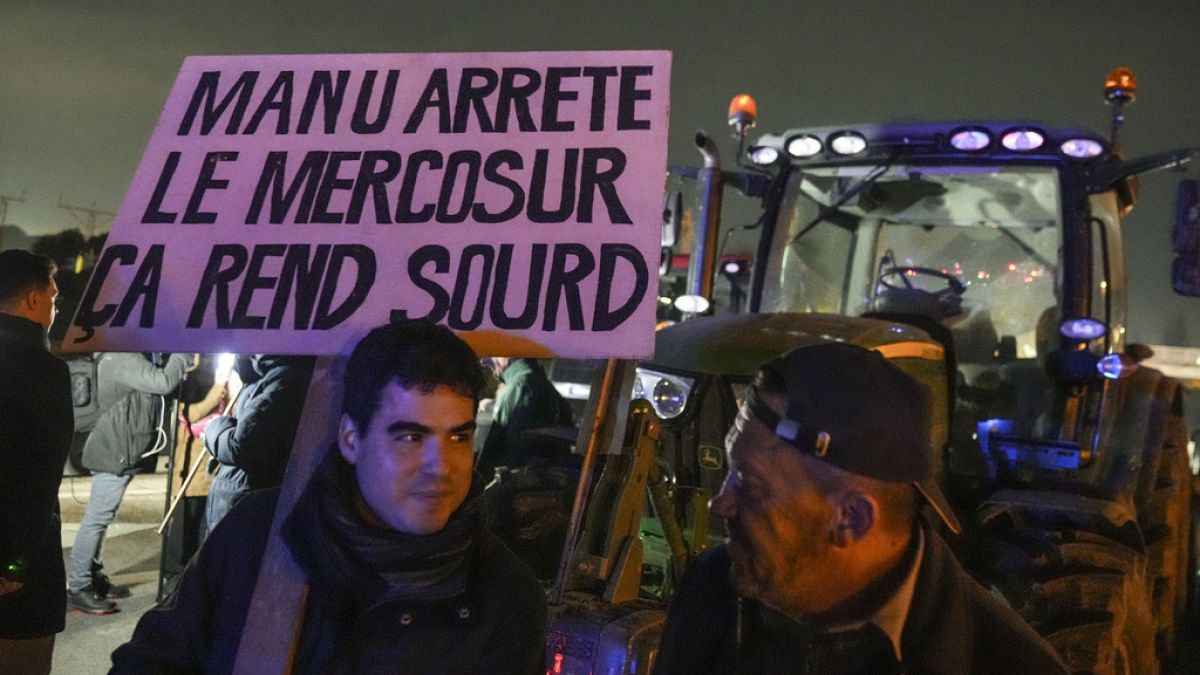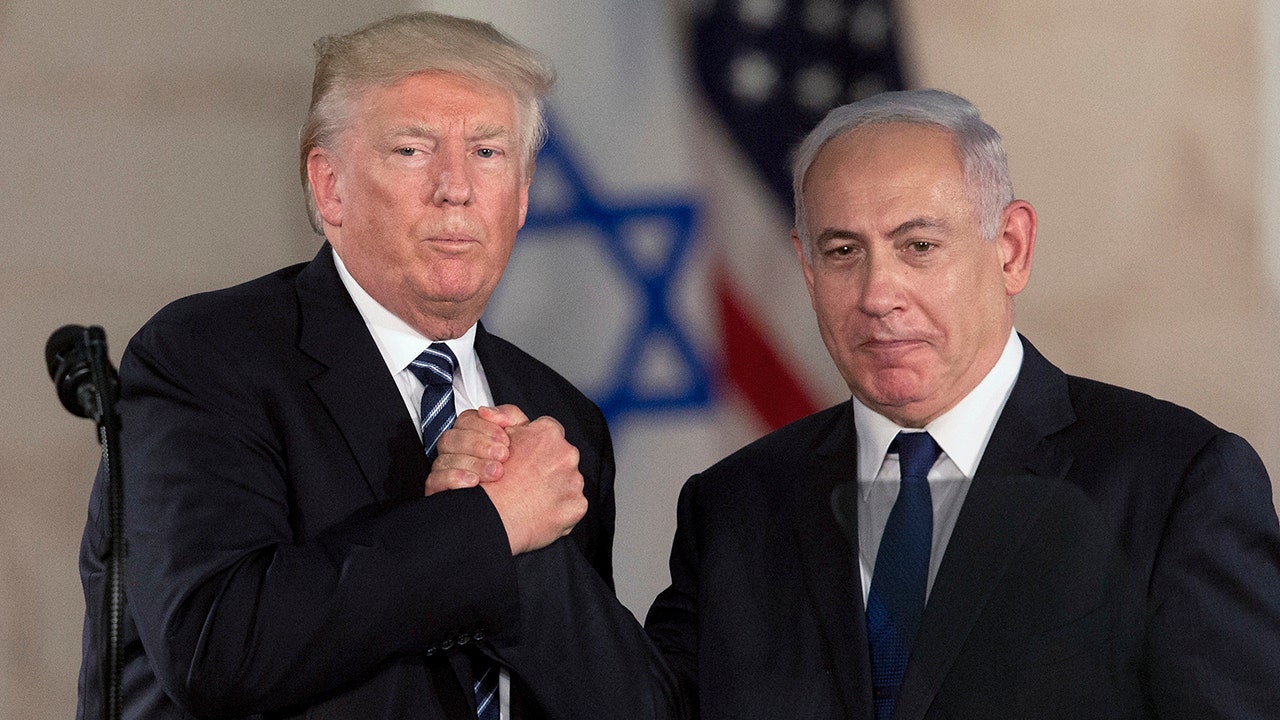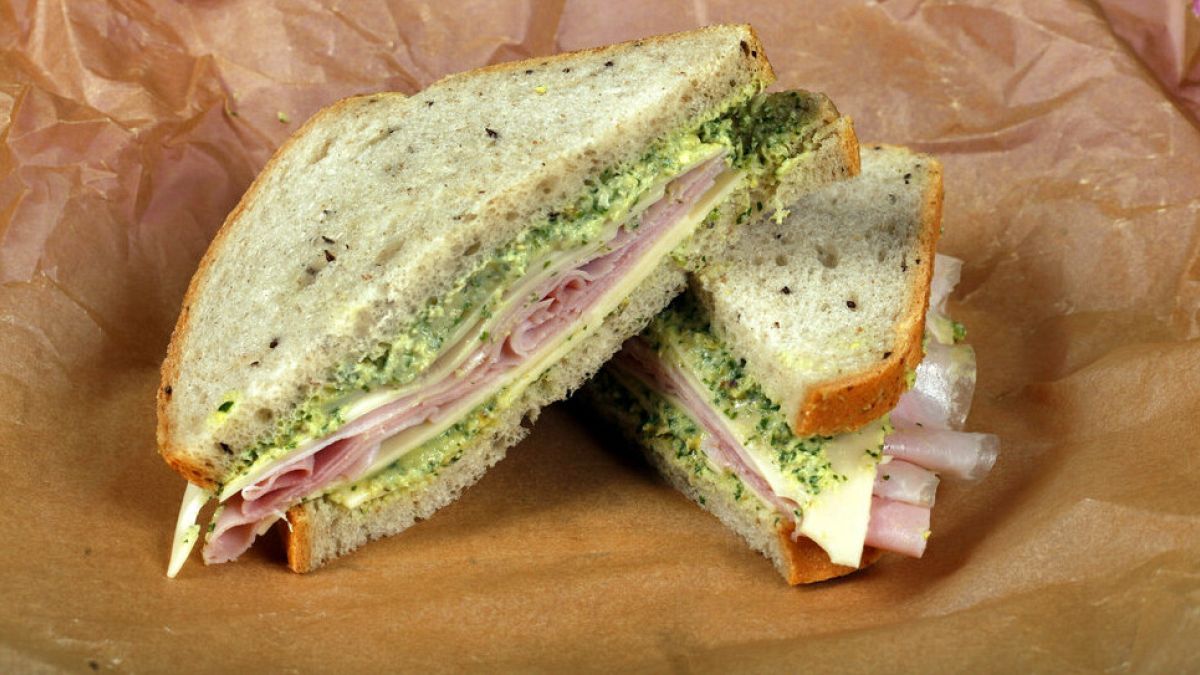French opposition to the Mercosur agreement concluded by the European Commission on 6 December has been trenchant, but its domestic political situation is feeding the stance.
French President Emmanuel Macron was recovering breath from a defiant late evening address to the nation following the early collapse of Michel Barnier’s government last Friday when Commission President Ursula von der Leyen announced the Mercosur deal, but the Elysee nevertheless reacted immediately declaring that the deal “remains unacceptable as it stands”.
Despite demanding environmental standards being enshrined in the text and commitments by the Mercosur countries on deforestation – two key demands from France – the country’s resistance to the deal remains entrenched as ever, though it has been consistent since the Commission first reached a political agreement on the Latin American trade pact in 2019.
The Mercosur agreement creates a vast free trade area of 750 million people between the EU and Argentina, Brazil, Paraguay and Uruguay, lifting trade barriers, such as tariffs, on agricultural and industrial products from both side of the Atlantic.
Concerns over the impact on agriculture lie at the heart of French concerns over unfair competition from Latin American products. The agreement provides for quotas for the most sensitive products, such as beef and poultry, with the Commission retaining the ability to take safeguard measures in the event of imbalances on the European market.
“It’s difficult to understand France’s opposition when the agricultural access to the European market is going to be very limited,” according to Aslak Berg, a research fellow with the Centre for European Reform, adding that “there will be opportunities for French dairy notably”. The French wine sector stands also to benefit from the deal, and many pundits are scratching their heads to understand Paris’ continued resistance. But the country’s unstable political situation and the state of public opinion are feeding into its stance.
Since Emmanuel Macron dissolved the National Assembly and called a snap election in June, Mercosur has been one of the few causes to around which the political class could unite. Some 484 of 577 lawmakers in the National Assembly voted on 26 November in favour of Michel Barnier’s government declaration condemning the proposed deal as “unacceptable”.
“The political crisis gives Macron no room for manoeuvre to change his ways,” expert from the Jacques Delors Institute Elvire Fabry told Euronews, adding that “changing this position would be totally inflammatory”. The political crisis is putting Emmanuel Macron’s pro-European and centrist forces to the test, while the radical parties succeeded in bringing down the government.
Moreover opposition to the Mercosur agreement is a proxy for disaffection with Macron himself. When he was elected in 2017, Emmanuel Macron was the only candidate to defend free-trade agreements during the electoral campaign. This crystallised the debate within the political class. “Macron is a presidential figure who embodies the commitment to globalisation, although France has also pushed for trade defence tools at EU level under his two mandates,” Fabry said, adding that “French opposition to the Mercosur is ideological.”
France has a precedent when it comes to opposing free trade agreements. On 21 March 2024, the EU-Canada trade agreement was rejected by 82% of French senators. The National Assembly must now vote on the text. However, the agreement already partially entered into force in 2017, as a major part of the agreement falls within the exclusive competence of the European Union in trade matters. “And since it entered into force, the fears of the French agricultural sector regarding Canadian imports have not materialised,” Fabry said.
The free trade agreement with New Zealand, which was signed in July 2023, did not arouse the same opposition in France because the country’s environmental standards were already high. Whereas, even if the Mercosur agreement does include the international environmental treaty of the Paris COP as an “essential element” of the agreement, one of the parties can appeal to an arbitration panel, if the agreement is suspended by another party after a breach of the Paris agreement. This gives France a few more arguments.
But will this be enough to win over a blocking minority at the Council of the European Union? The Mercosur agreement still must be adopted by all 27 member states, gathered at the Council, before it can be signed. 4 states representing 35% of Europe’s population can block it. Poland has openly spoken out against the agreement. And Italy has said that its agreement is conditional on guarantees for farmers.
“We’ve heard a lot from the Polish and Italian ministers on agriculture, but less on the industrial aspects,” Elvire Fabry said, adding that “many Italian SMEs stand to benefit from these new export markets in Latin America.”
The cards are now in the hands of the Member States. And as Eric Maurice, expert at the European Policy Center, notes: “The opposition is not just about French domestic politics, there is also a European dimension. The Member States, including France, want to make it clear to the Commission that they still have a say in trade policy decisions.”
Read the full article here




